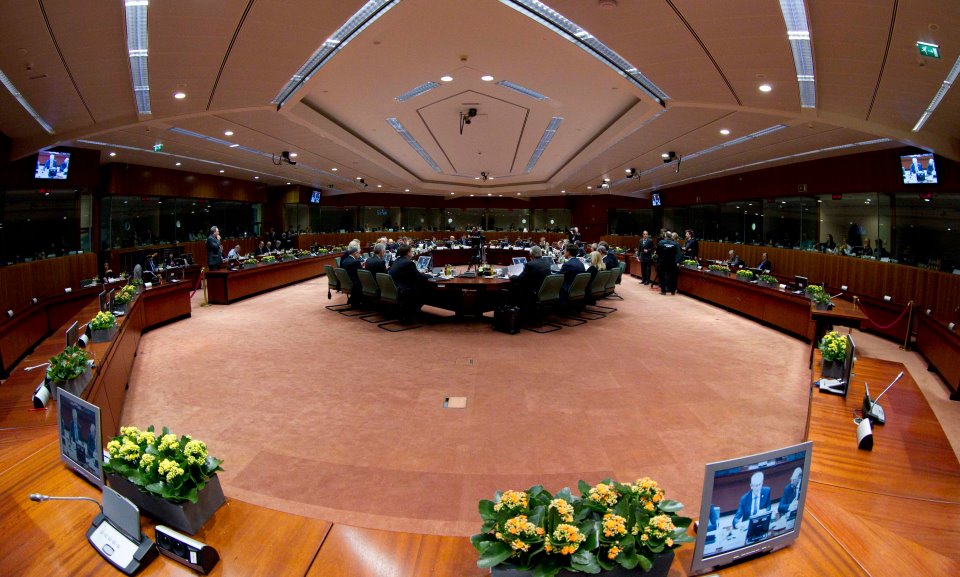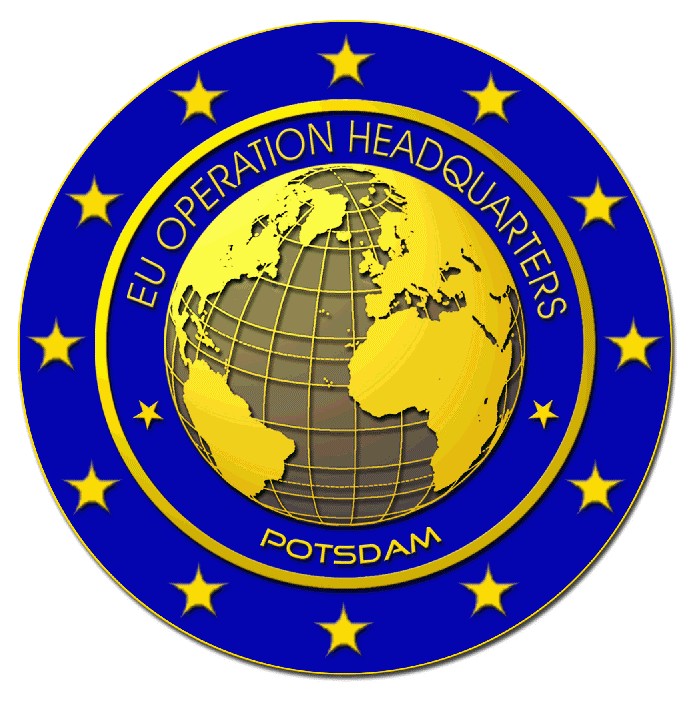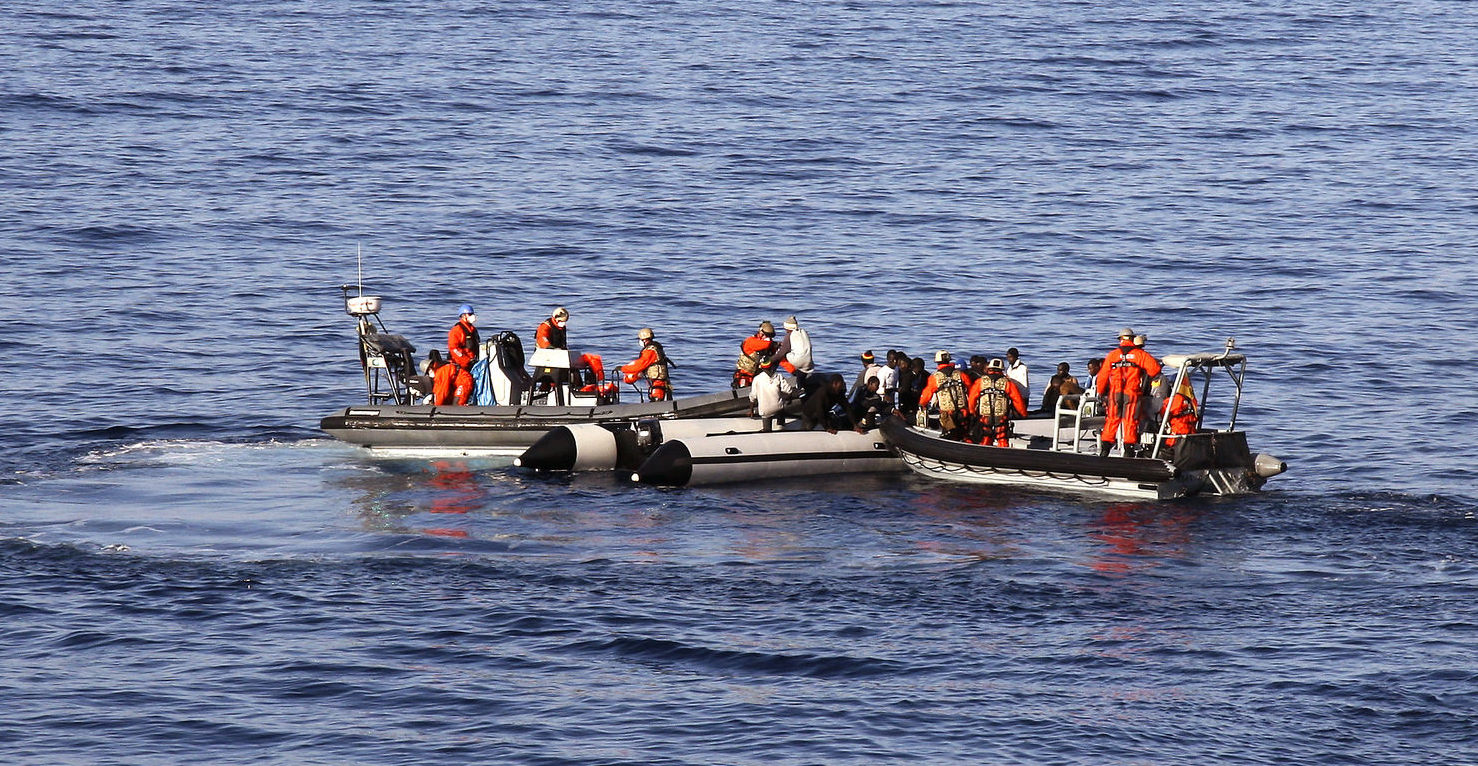The patched European Defense Fund. Is it serious doctor?
(B2) The Finnish Presidency's proposal (negotiating box) for the budgetary framework (MFF) for the next seven years (2021-2027) knocked out of their chairs those who already saw themselves happily drawing on an enticing European kitty. This initiative has a great interest: it raises fundamental questions that have not been resolved: Is there a need for European defence? At what price ? To do what ? What about arms export?

How is the European Defense Fund (FEDef) eaten?
Of the 11,5 billion planned for the next 7 years (in 2018 prices, 13 billion in current euros), Finland has retained only half: 6 billion euros (read: News from the EDIDP program. Concern for the future European Defense Fund. The planed budget?). That is barely 1 billion per year instead of the hoped-for 2 billion. " With that, we can only go up jokes an old curmudgeon from the defense fund.
Is this haircut a surprise?
No. This cut was properly expected. No one (apart from sweet dreamers) thought they could finish with the budget presented by the Commission. At Berlaymont, seat of the European executive, we had prepared for the rather classic cut-and-cut test. The boat had been a little loaded, thinking that in this way we could lose a few bundles on the way, without too much damage. Basically, with 9 billion euros over seven years (10 billion in current euros), the European Defense Fund would already be on a certain ambitious course. That is between 1,2 and 1,3 billion euros per year (1,5 billion in current euros). If this objective were achieved, we could open the champagne. The Finns put the plane stroke much lower.
Did the Finnish plane operate in preference on the defense?
Yes, definitely. Defense (-50%) as well as border management (-33%) are the first targets of the percentage cuts (1). All the 'defense' budget went to the 'Finnish plane'. The military mobility budget is around €2,5 billion (instead of €5,76 billion) over the seven-year period 2021-2027. While the European peace facility (budget planned for external crisis management) would only have 4,5 billion € (out of the 9,2 billion planned). The Frontex agency also loses feathers: 6,15 billion instead of 9 billion euros (-32%). Only the internal security fund is doing a little better, with 1,7 billion € (instead of 2,2 billion) and space which has lost 'only' 10%!
Is that bad ?
Reason let's keep. We are in the middle of budget negotiations. Everyone must dramatize to try to snatch the hundreds of millions of additional euros on 'his' priorities. The proposed figure is probably insufficient to meet all the challenges that defense research and development (R&D) must face. Especially after years of tightening screws. But, even reduced, this budget is not negligible if we compare it to what the Member States spend, cumulatively, today on R&D = not far from 9 billion euros per year, according to the figures of the European Defense Agency (2), including the United Kingdom. This still represents one-sixth of the state budget. The European budget, even trimmed, is therefore far from negligible. With Brexit, this ratio will be even higher. In addition, we must take into account 'civilian' R&D, which now has a greater utility for Defense than in the past (3).
Is it up to the desired ambitions?
Clearly not. Europe today faces a choice. Either it develops autonomous technologies which, tomorrow, will irrigate the economic fabric. And she must have a boost in research. Either it continues to undergo and use technologies from elsewhere (American and Chinese today, Indian or Turkish tomorrow) by being content to be a basin of consumption and services, without mastering industries and networks.
A few questions to ask
Arms export?
Developing new 'equipment' is undoubtedly important for European industry and armies. But from a purely economic point of view, these materials will not be profitable to produce without an 'export' vector. Some manufacturers say so frankly (4). And there we are swimming in full taboo: should Europe develop a defense industry for export? What rules apply? Can we let each country 'tinker' with its own rule? Should we draw inspiration from the Franco-German agreement to have a European rule? A whole series of questions arise that the European states have been unable or unwilling to ask themselves. But in recent months, examples have multiplied where a more assertive European position would be necessary: Saudi Arabia after the Khashoggi affair, Turkey after the intervention in Syria (read: Arms embargo or arms export policy coordination? See it clearly). Europeans will no longer be able to do without reflection and initiative on the subject.
What is the objective of the defense industry?
We cannot just add the axiom: defense industry + expenditure = citizen protection. It's a shortcut, which no one can decently believe. It is not an efficient defense industry that (automatically) protects the citizen. An axiom that is all the more verifiable when we look at the fifty or so projects submitted under permanent structured cooperation (of which a good ten have been submitted for Community funding). In 'off', European officials recognize what everyone can see: some projects have only a very distant connection with common needs.
Defense for what?
Having modern equipment, rich in technology, is good. What for ? When we see the atropism of a good half of the European countries to go into operation, to risk the lives of their soldiers, the question must be asked. If we look at recent interventions, we see that countries with much more limited resources than the Europeans (Russia, Turkey, for example) manage to develop military capabilities, and above all to use them, strategically, to acquire a power of negotiation, or simply power on the world stage. Bringing everything back to a budgetary issue – spending more on defense – or techno-industrial is thus a mistake. Europeans will have to ask themselves this question: defense, what for?
(Nicolas Gros-Verheyde)
- The single market is the third sector targeted in terms of percentage losses (-23%).
- Except during the years of financial crisis, when this figure was around rather around 8 billion euros (or even a little less).
- The paradigm that wanted defense R&D to irrigate civilian R&D has now been reversed with the arrival of the network economy. 'Defence' takes just as much proven civilian technologies that it transforms, adapts, 'hardens' for its own uses, as the opposite.
- Read in particular: European Defense interviews (2): European champions, also for export (O. Martin, MBDA)



